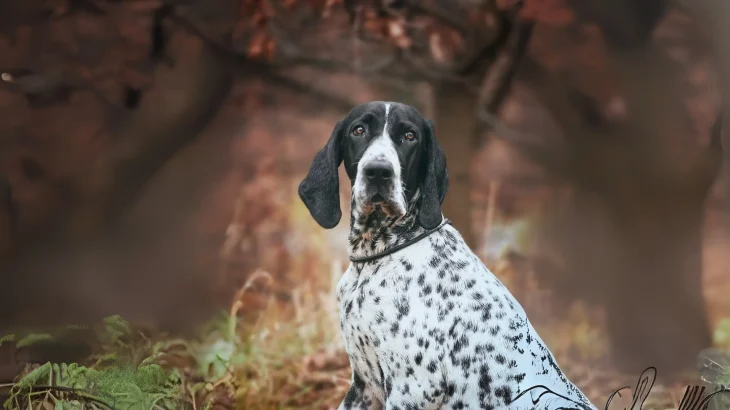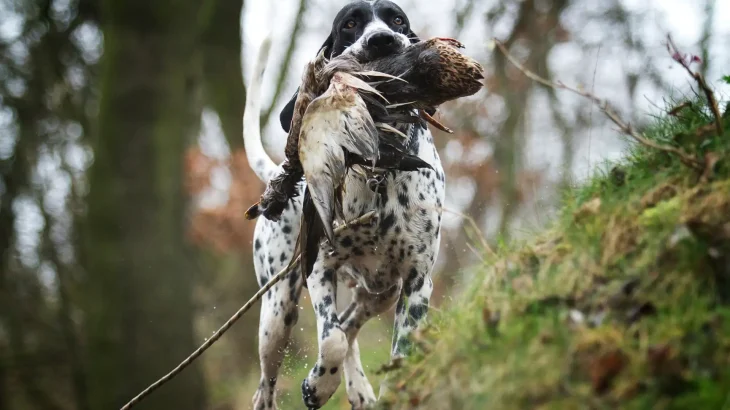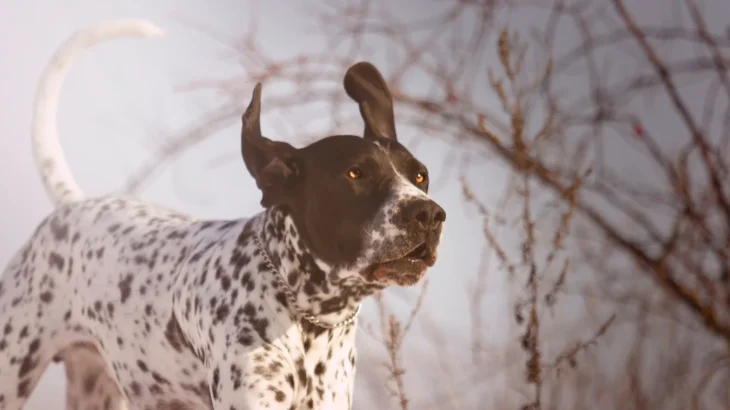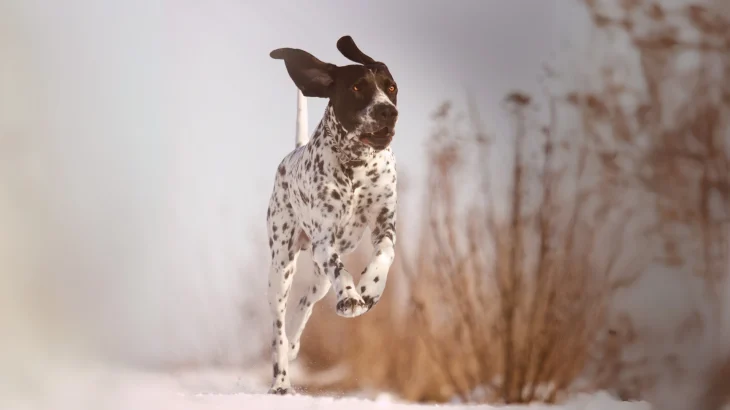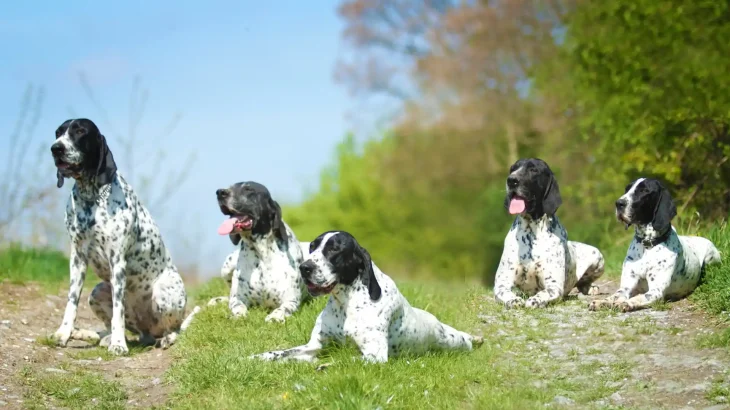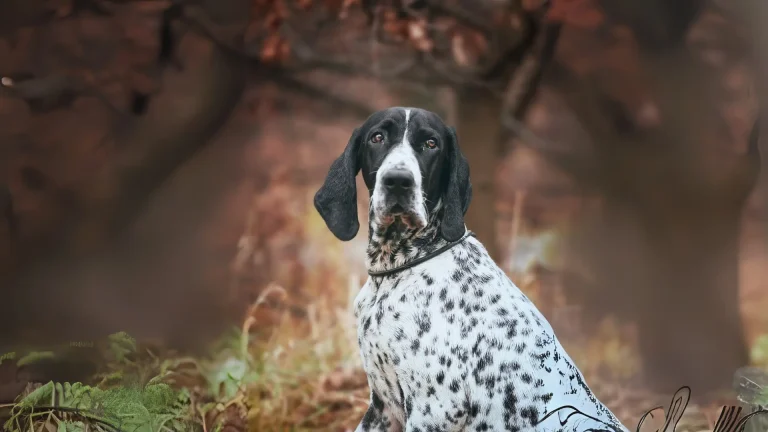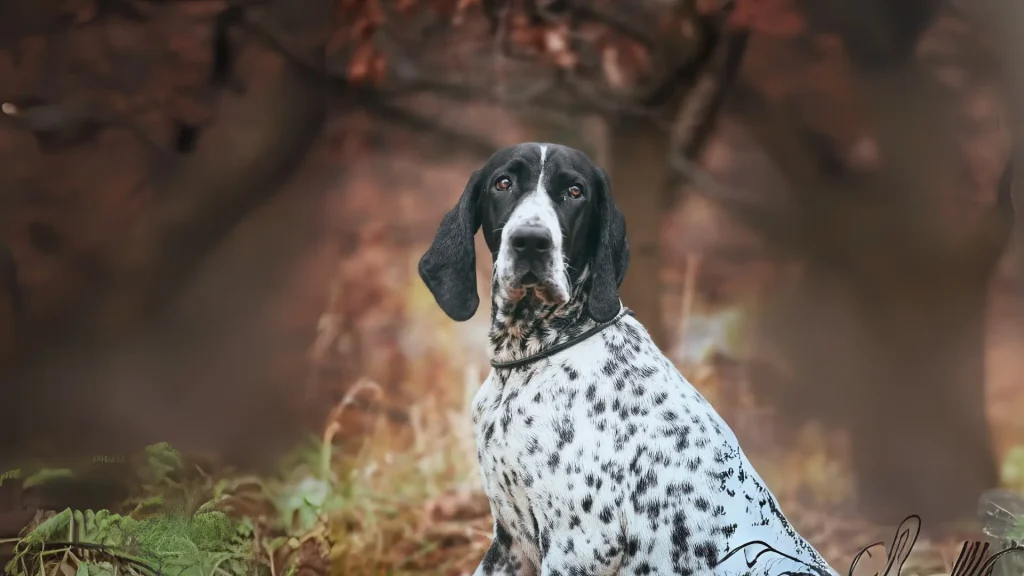When deciding whether to bring an Auvergne Pointing Dog puppy into your home, you might be weighing the benefits of adopting versus purchasing from a breeder. Each choice has unique advantages and challenges, especially given the breed's rarity and specific needs.
Adoption vs. Breeder: Pros & Cons
| Criteria | Buying from Breeder | Adopting from Shelter/Rescue |
|---|---|---|
| Cost | Higher purchase price, typically around £1200 to £1500 reflecting the breed's rarity and pedigree. | Generally lower fees, but Auvergne Pointing Dogs are rarely available for adoption due to their uncommon status. |
| Health History | Breeders usually provide detailed health records and genetic screening to minimize hereditary issues. | Health history may be limited or unknown; shelters conduct basic checks but may lack breed-specific info. |
| Age Availability | Primarily puppies, allowing early socialization and training aligned with breed traits. | Variety of ages possible, but Auvergne Pointing Dogs are seldom found in shelters, limiting options. |
| Temperament Insight | Breeders offer insights into lineage temperament and behavior, important for this working breed. | Shelter staff may provide observed behavior, but detailed temperament background is often unavailable. |
| Supporting Practices | Supports preservation of this rare breed through responsible breeding programs. | Promotes animal welfare by rescuing dogs, though availability is very limited for this breed. |
| Ethical Considerations | Important to select ethical breeders prioritizing health and temperament over profit. | Adoption supports ethical treatment by giving homes to dogs in need, but limited breed-specific rescues exist. |

